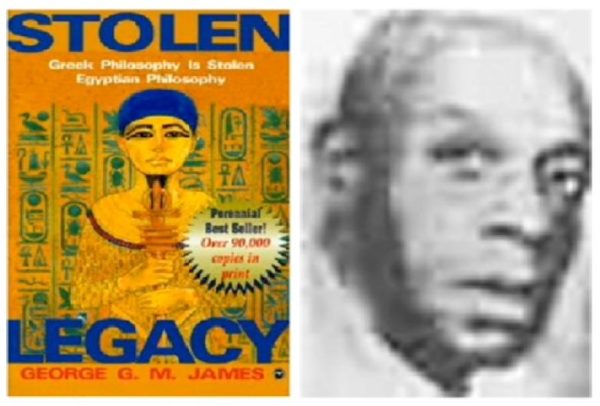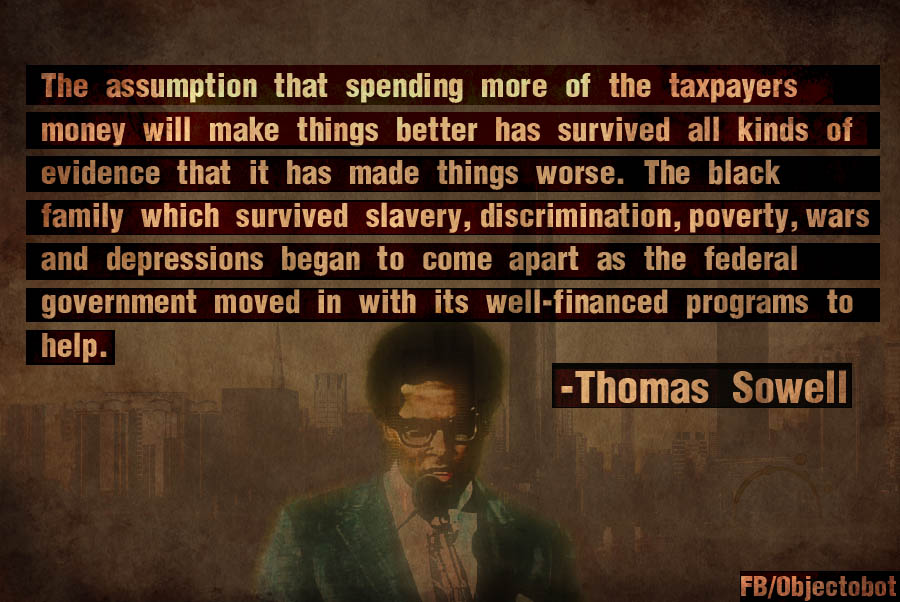JoeClair
Rookie
Dr. Yosef Ben-Jochannan
Just saw him at black liberation dayDr. Leonard Jeffries

Well, maybe others can also post some...C'mon @Blackking is that all you got? I was expecting yall to drop more.
 Dr. George G.M. James
Dr. George G.M. JamesPut some info.
The Father of Pan Africanism

Edward Wilmot Blyden (3 August 1832 – 7 February 1912), the father of pan-Africanism; was an educator, writer, diplomat, and politician primarily in Liberia. Born in the West Indies, he joined the free black immigrants to the region from the United States; he also taught for five years in the British West Africa colony of Sierra Leone in the early 20th century. His writings on pan-Africanism were influential in both colonies, which were started during the slavery years for the resettlement of free blacks from the United States and Great Britain. His writings attracted attention in the sponsoring countries as well. He felt that Zionism was a model for what he called Ethiopianism, and that African Americans could return to Africa and redeem it. Later he supported Islam[citation needed].Put some info.
This shyt is confusing. ...Edward Wilmot Blyden (3 August 1832 – 7 February 1912), the father of pan-Africanism; was an educator, writer, diplomat, and politician primarily in Liberia. Born in the West Indies, he joined the free black immigrants to the region from the United States; he also taught for five years in the British West Africa colony of Sierra Leone in the early 20th century. His writings on pan-Africanism were influential in both colonies, which were started during the slavery years for the resettlement of free blacks from the United States and Great Britain. His writings attracted attention in the sponsoring countries as well. He felt that Zionism was a model for what he called Ethiopianism, and that African Americans could return to Africa and redeem it. Later he supported Islam[citation needed].
Blyden was recognised in his youth for his talents and drive; he was educated and mentored by John Knox, an American Protestant minister in St Thomas, Danish West Indies, who encouraged him to continue his education in the United States. Blyden was refused admission in 1850 to three Northern theological seminaries because of his race. Knox encouraged him to go to Liberia, the colony set up for freedmen by the American Colonization Society; Blyden emigrated that year, in 1850, and made his career and life there. He married into a prominent family and soon started working as a journalist.
Writings[edit]
As a writer, Blyden is regarded widely as the "father of Pan-Africanism". His major work, Christianity, Islam and the Negro Race (1887), promoted the idea that practising Islam was more unifying and fulfilling for Africans than Christianity. He argues that the latter was introduced chiefly by European colonizers. He believed it had a demoralising effect, although he continued to be a Christian. He thought Islam was more authentically African, as it had been brought to sub-Saharan areas by people from North Africa.
His book was controversial in Great Britain, both for its subject and because many people at first did not believe that a black African had written it. In later printings, Blyden included his photograph as the frontispiece.[9]
Blyden wrote:
"'Let us do away with the sentiment of Race. Let us do away with out African personality and be lost, if possible, in another Race.' This is as wise or as philosophical as to say, let us do away with gravitation, with heat and cold and sunshine and rain. Of course, the Race in which these persons would be absorbed is the dominant race, before which, in cringing self-surrender and ignoble self-suppression they lie in prostrate admiration."
Due to his religious affiliations, in the late 19th century Blyden publicly supported the creation of a Jewish state in Israel; he praised Theodore Herzl as the creator of "that marvelous movement called Zionism."[10]


